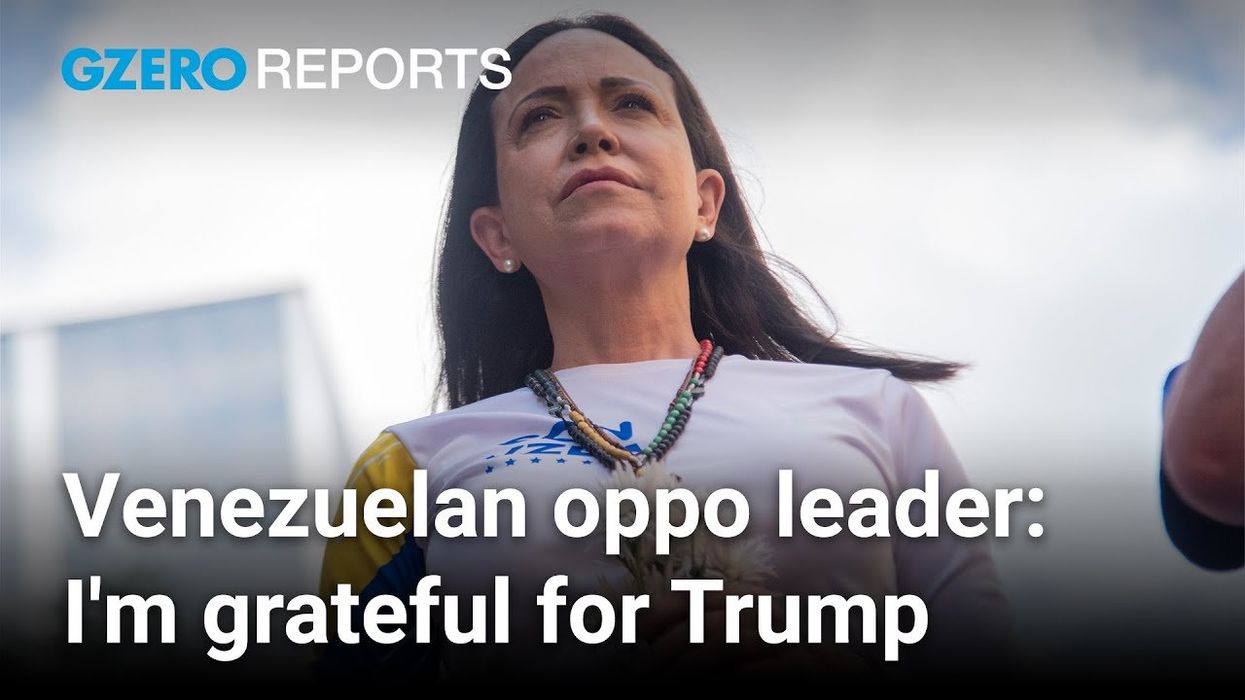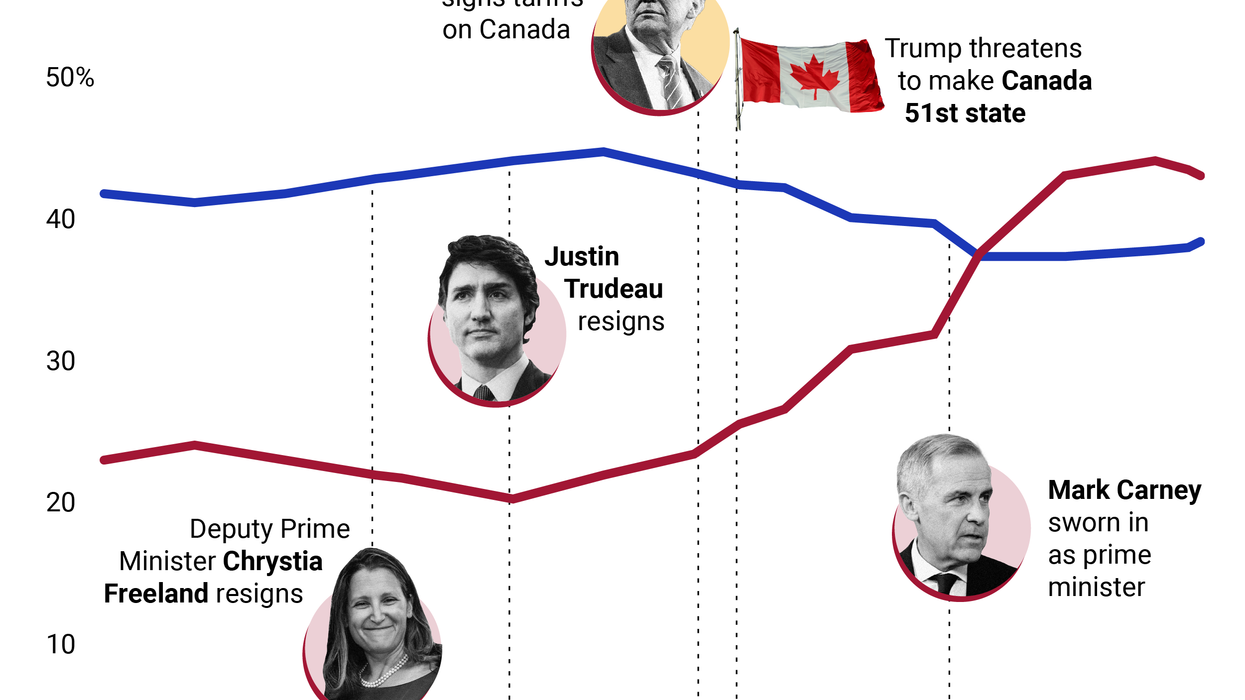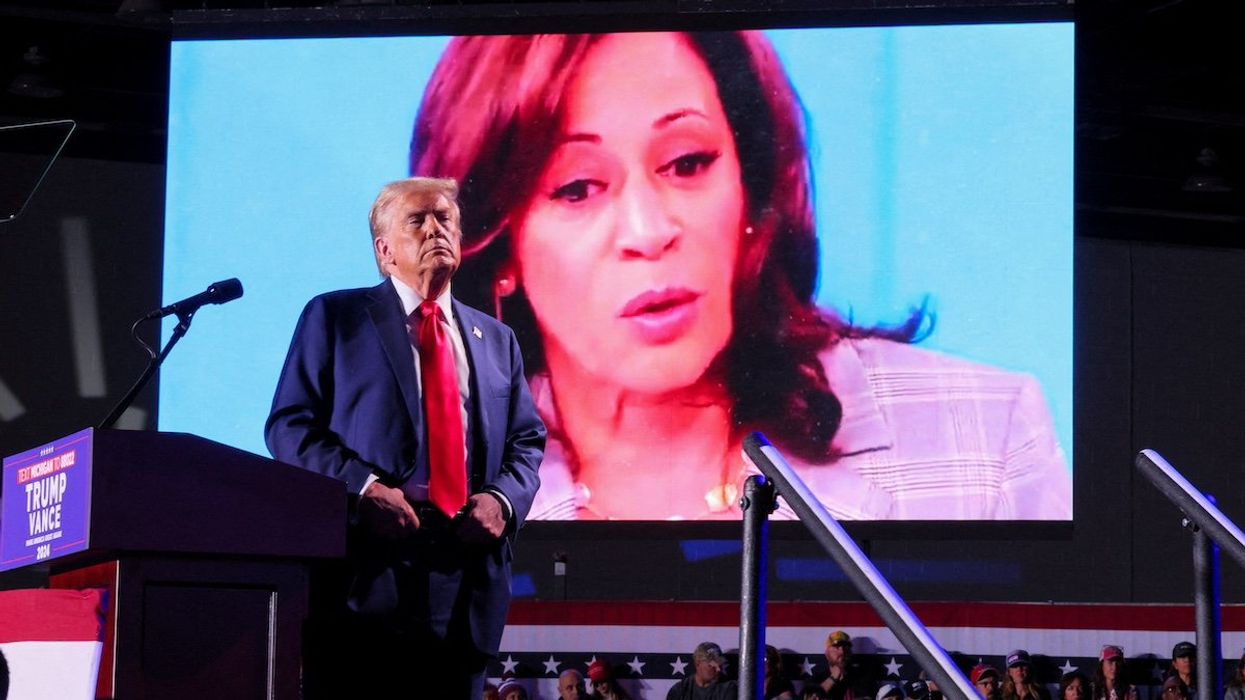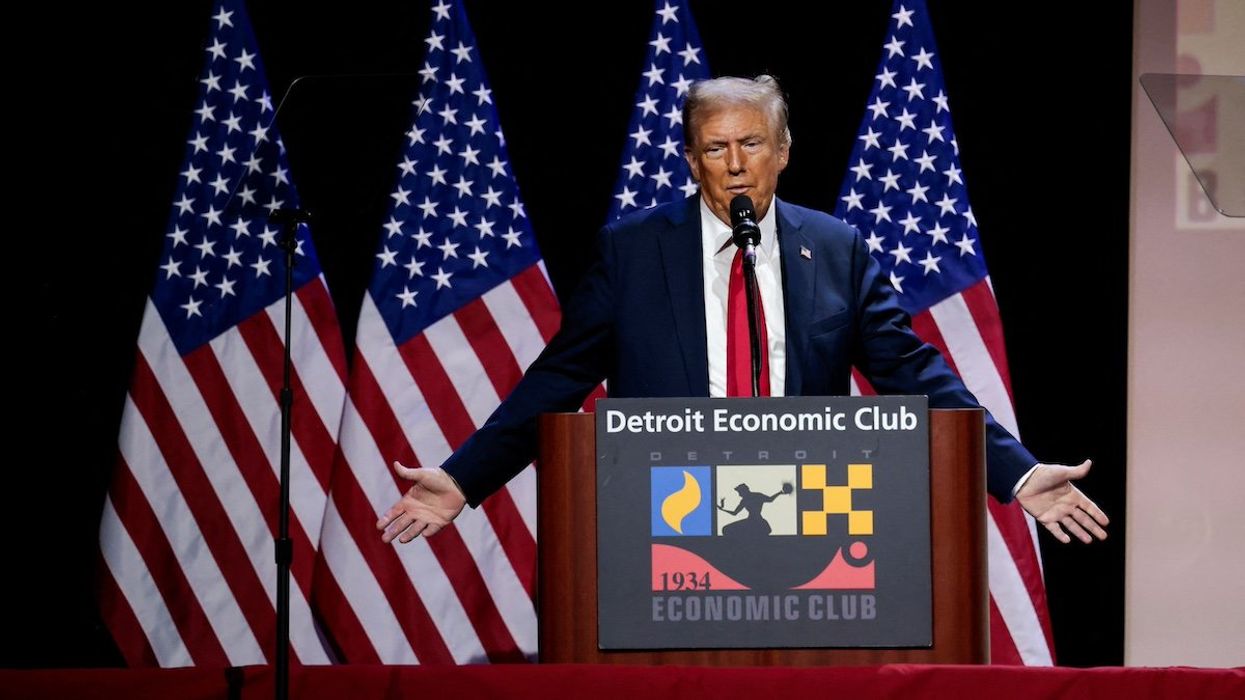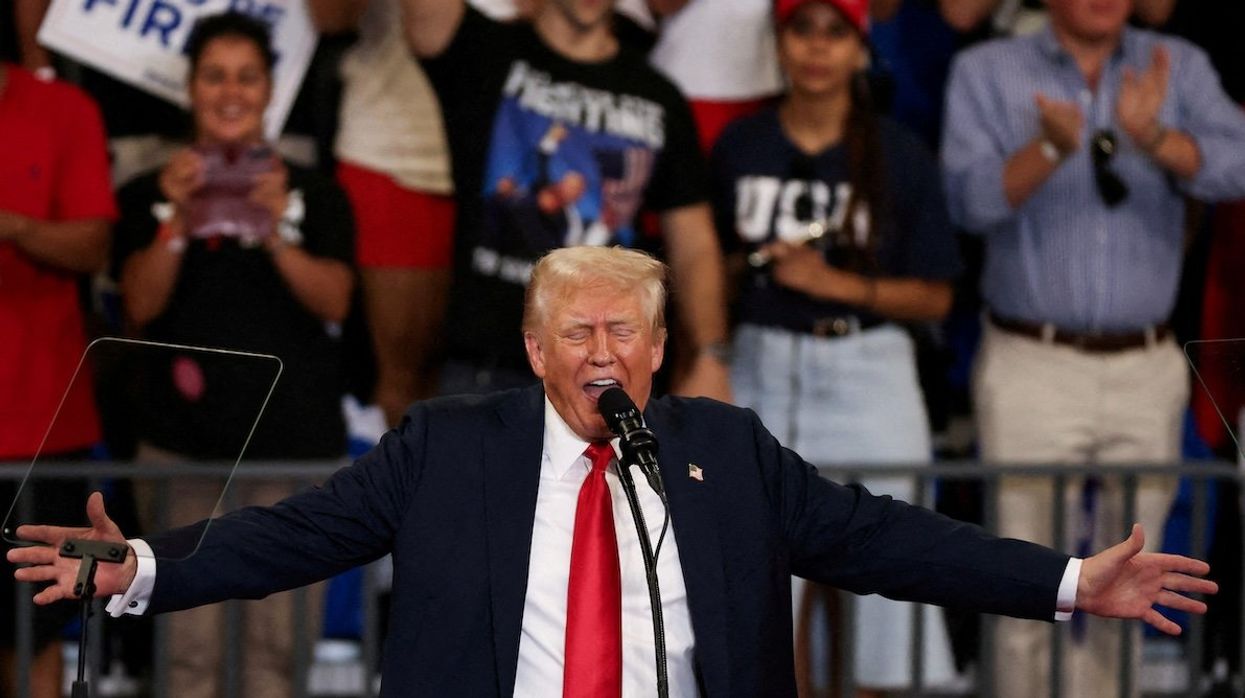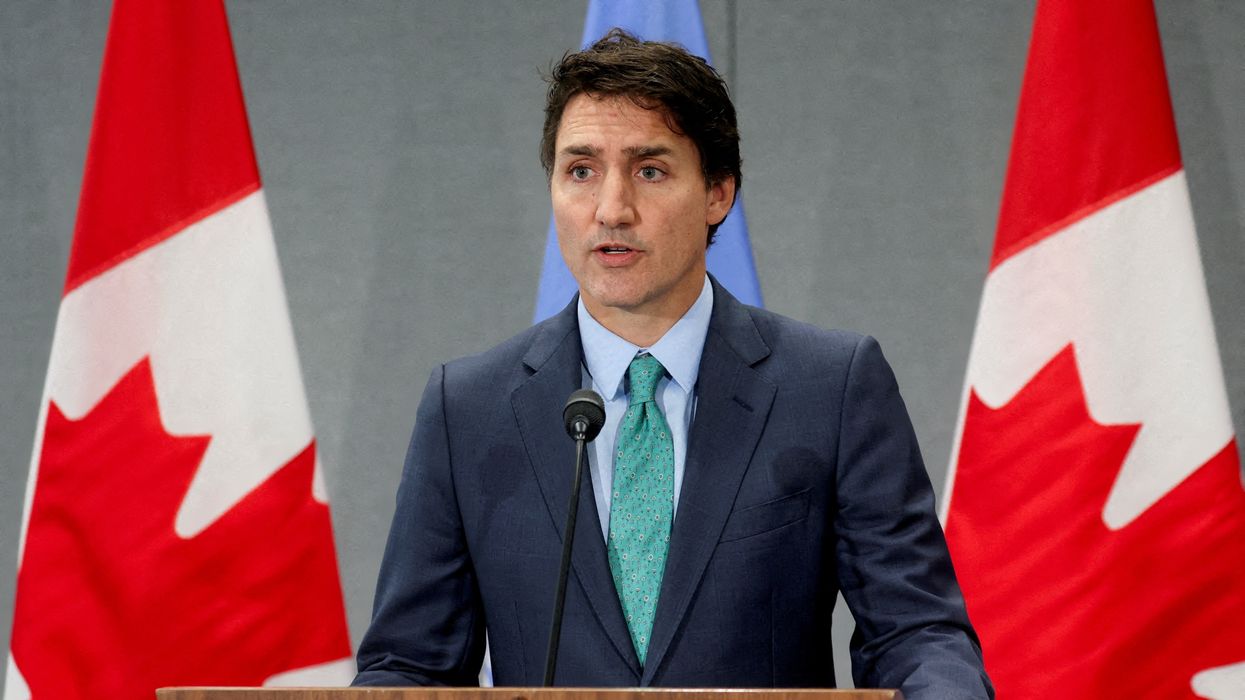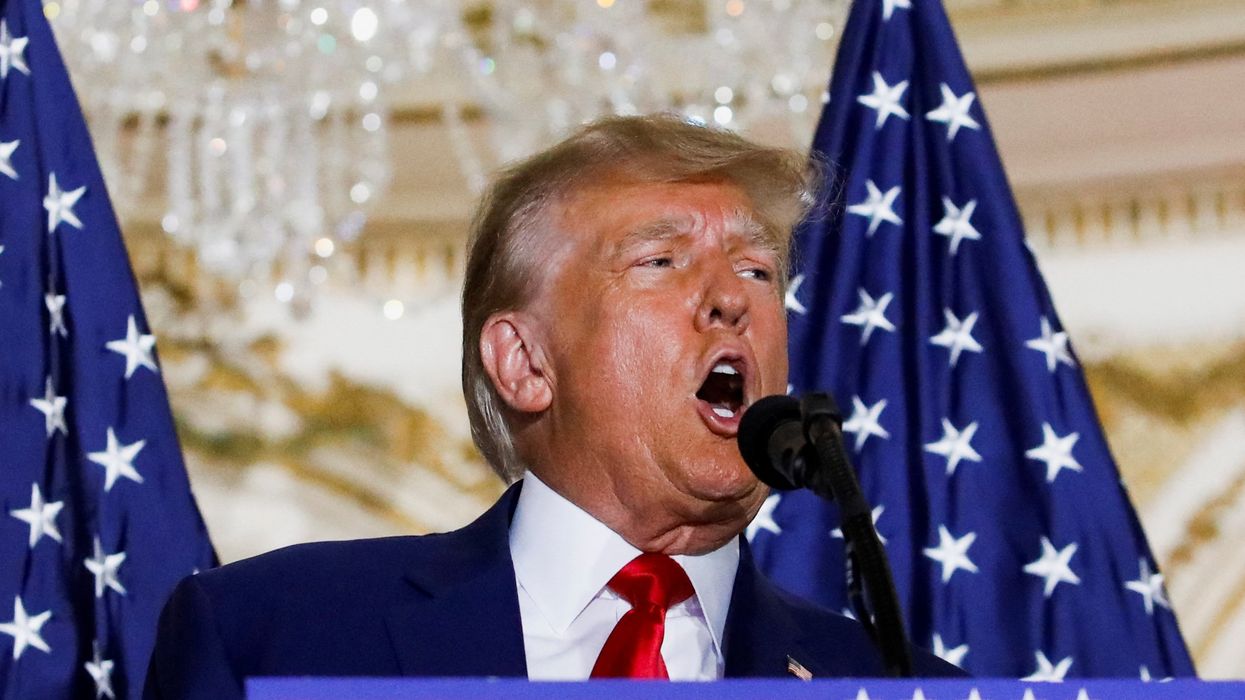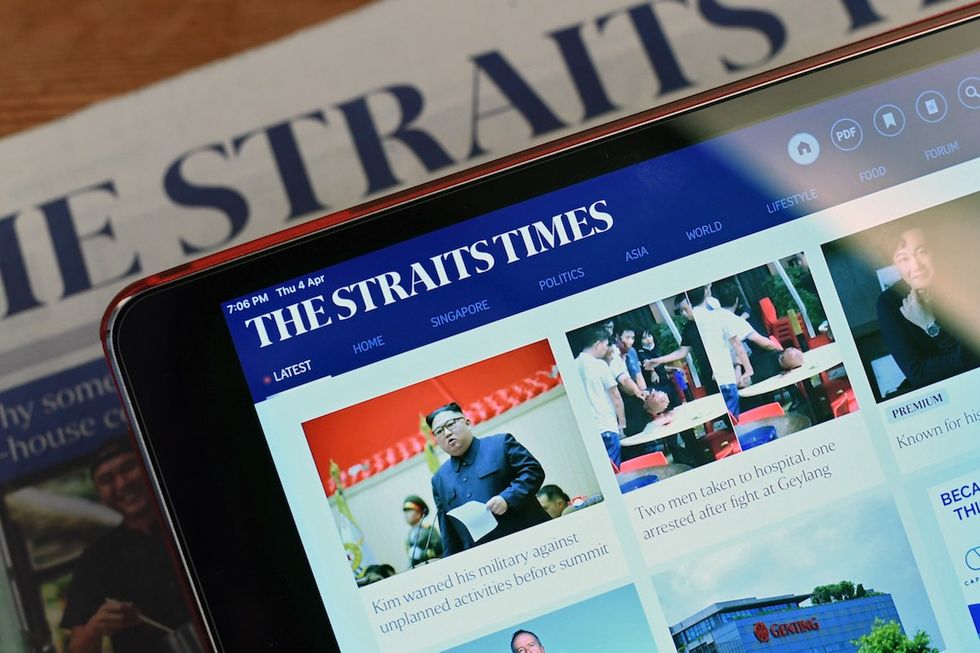GZERO Reports
Venezuela’s opposition leader on Trump, Maduro, and why the ballot box isn’t the answer this time
This Sunday, Venezuelans will go to the polls in the first nationwide elections since the contested presidential election last July.
May 22, 2025
